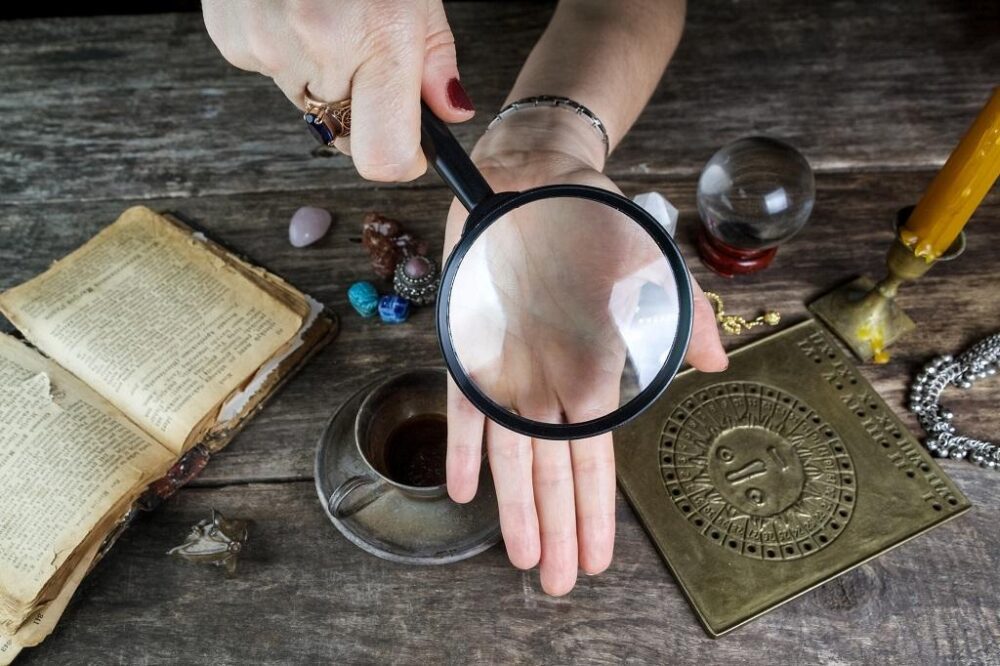Superstitions have long been an integral part of the cultural fabric of societies around the world. India, with its rich tapestry of traditions and beliefs, is no exception. The Indian subcontinent is a land where age-old customs, rituals and superstitions coexist harmoniously, influencing the lives of millions. These superstitions often appear irrational and baseless to the uninitiated observer, but they hold deep significance to those who adhere to them. They are not mere remnants of a bygone era; instead, they continue to shape the thoughts, actions and decisions of people across various strata of Indian society.
In this article, we delve into the realm of Indian superstitions and explore the underlying logic and cultural significance behind 15 of them. These superstitions passed down through generations, reflect the amalgamation of religious beliefs, folklore, and societal norms. While some might dismiss them as quirks of the human mind, it is crucial to understand that superstitions often serve as a means to find comfort, establish order, or navigate uncertain circumstances in an unpredictable world.
As we uncover the reasoning behind these 15 superstitions, we aim to shed light on the cultural, historical, and psychological factors that contribute to their enduring presence. By exploring the underlying logic behind these beliefs, we hope to foster a deeper appreciation for the intricate tapestry of Indian traditions and the diverse ways in which people make sense of the world around them. Let us unravel the mysteries behind these age-old practices and discover the threads that connect the past to the present, offering insights into the complex tapestry of human beliefs.
Table of Contents
Don’t step out during an eclipse

In India, one of the widely observed superstitions is the belief that one should not step out during a solar or lunar eclipse. This age-old practice stems from a combination of scientific and mythological reasoning. Scientifically, it is believed that harmful ultraviolet rays emitted during an eclipse can cause damage to the eyes and skin. Mythologically, eclipses can be seen as inauspicious moments when celestial entities engage in a cosmic struggle. People fear that venturing out during this time might attract negative energy or bring bad luck. Consequently, this superstition serves as a precautionary measure to protect oneself and maintain harmony with the cosmic forces, ensuring safety and well-being during these celestial events.
Having a bath after attending a funeral

In India, a prevalent superstition dictates that one must take a bath after attending a funeral. The belief finds its roots in both cultural and hygienic considerations. Culturally, it is believed that attending a funeral brings one into close contact with death, which is considered impure. Taking a bath afterward symbolizes cleansing and purifying oneself, both physically and spiritually, to get rid of any negative energy or impurities acquired during the funeral. Bathing after attending a funeral helps to maintain personal hygiene and prevent the spread of any potential infection. This superstition thus reflects the importance of both cultural rituals and practical health measures in Indian society.
The mourning family of a deceased person should not cook until shraddha
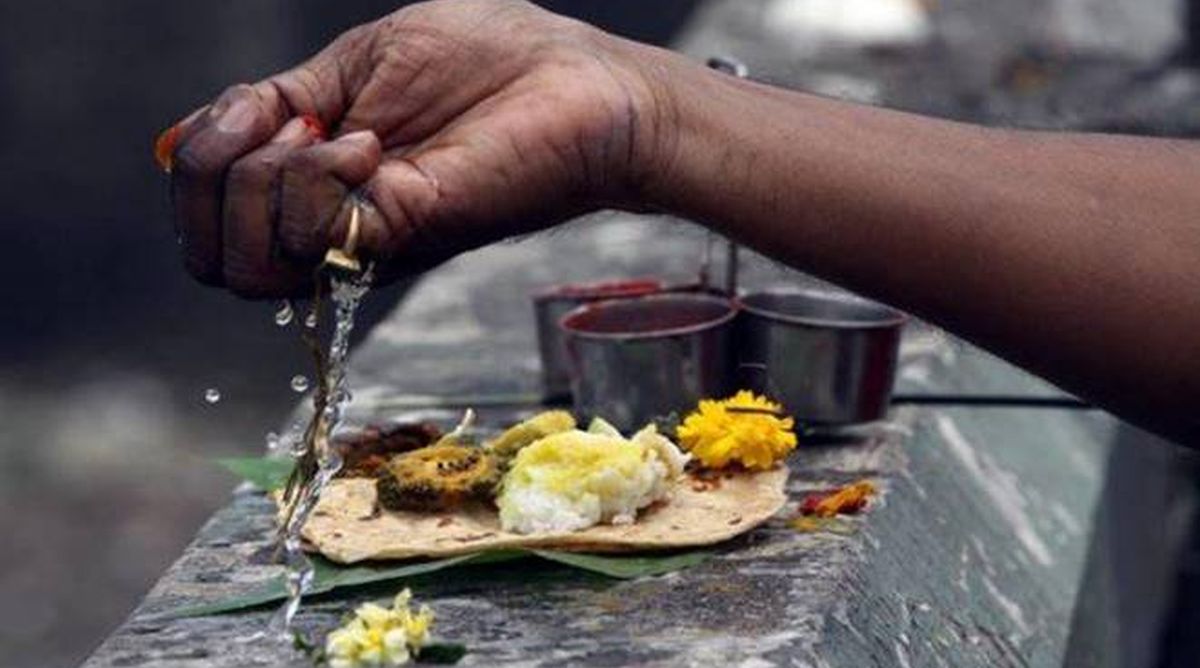
In India, a prevalent superstition dictates that the mourning family of a deceased person should abstain from cooking until the completion of a ritual known as shraddha. This belief is deeply rooted in cultural and emotional considerations. Culturally, cooking is considered an auspicious and joyful activity, and during the mourning period, it is believed that the family should refrain from engaging in such activities out of respect for the departed soul. Emotionally, this practice allows the grieving family to focus on mourning their loved one’s loss rather than being burdened with daily chores. It serves as a symbolic gesture of honoring the deceased and facilitating the mourning process by providing a dedicated period of reflection and remembrance.
Women are considered impure during their periods and prohibited from entering kitchens or temples or participating in certain activities

In India, a deeply engrained superstition revolves around the belief that women are impure during menstruation, leading to restrictions on their entry into kitchens, temples and participation in certain activities. This belief stems from traditional notions surrounding purity and hygiene. Menstruation has been historically viewed as a taboo subject, surrounded by secrecy and stigma. From a hygiene standpoint, in earlier times when sanitary products were limited or non-existent, restrictions on certain activities, including cooking, were imposed to prevent potential contamination or spread of diseases. These restrictions also enabled the women to take rest during the time of their periods.
Don’t stand under Peepul tree during the night

In India, a prevalent superstition advises against going under a peepul tree during the night. This belief is rooted in both cultural and religious significance. Peepul trees are considered sacred in Hindu Mythology and are believed to be inhabited by various deities and spirits. This superstition stems from the notion that these supernatural beings become active at night and may cause harm or create disturbances. Our ancestors probably knew that trees release carbon-di-oxide during the night and inhaling it would have a bad effect. So people were discouraged from going under a peepul tree after dark.
Using lemon and chillies to ward off the evil eye
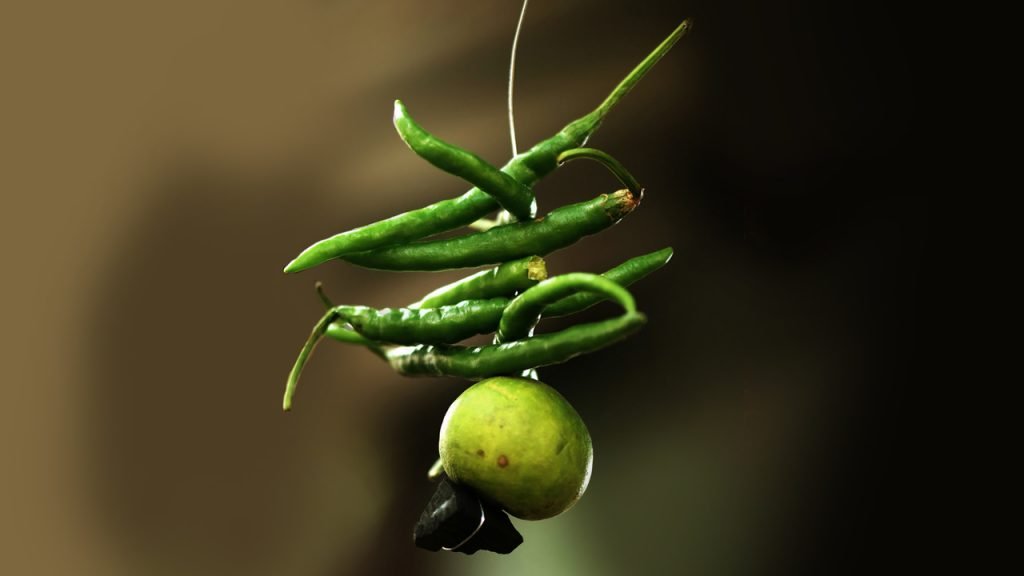
A popular superstition in India revolves around using lemon and chillies to ward off the evil eye. The belief behind this practice lies in the perceived protective properties of these items. Lemons are considered symbols of purity and freshness, while chillies are believed to possess the power to repel negative energy. The combination of the sourness of lemons and the spiciness of chillies is thought to create a strong deterrent against malevolent forces. It is believed that ‘Alakshmi’, the Goddess of misfortune can bring bad luck and misfortune. The Goddess likes sour, pungent and hot things, so people hang lemons and green chillies outside their homes, shops and vehicles so that the Goddess gets to eat her favorite food, satisfy her hunger and leave without entering the premises.
If a black cat crosses the path, one should not move forward

In India, a common superstition dictates that one must not move forward if a black cat crosses your path. Black cats have been long associated with witchcraft and supernatural entities in various traditions worldwide. In Indian folklore, it is believed that a black cat crossing your path brings bad luck or misfortune. In India, the black color is associated with Lord Shani. In astrology, it is believed that Lord Shani is indicating not to go out or to delay the work for which you are going out.
Not cutting the nails after sunset

In India, a common superstition advises against cutting one’s nails at night. This belief stems from a combination of cultural and practical reasons. Culturally. It is believed that cutting nails after sunset brings bad luck or invites evil spirits. The superstition may have originated from the fact that cutting nails in poor lighting conditions at night can lead to accidental cuts and injuries. Additionally, cutting nails at night can be seen as unhygienic, as it’s harder to properly clean and dispose of nail clippings in the dark. The superstition serves as a precautionary measure to prevent accidents, maintain hygiene and avoid any negative consequences associated with cutting nails in the absence of proper lighting.
Not sweeping the house after sunset
:max_bytes(150000):strip_icc()/how-to-sweep-a-floor-1901115-hero-fd6dfc1bd0184694bd0d0be4b8a0a2ab.jpg)
In India, a prevalent superstition advises against sweeping the floor after sunset. There may be cultural and spiritual considerations behind this superstition. It is said that sweeping the house after dark may make Goddess Lakshmi- the Goddess of wealth leave the house. This may refer to the valuable things we may be having in the house like pieces of jewellery which may be accidentally swept away along with the trash in the absence of adequate light.
Adding one rupee to a gift sum
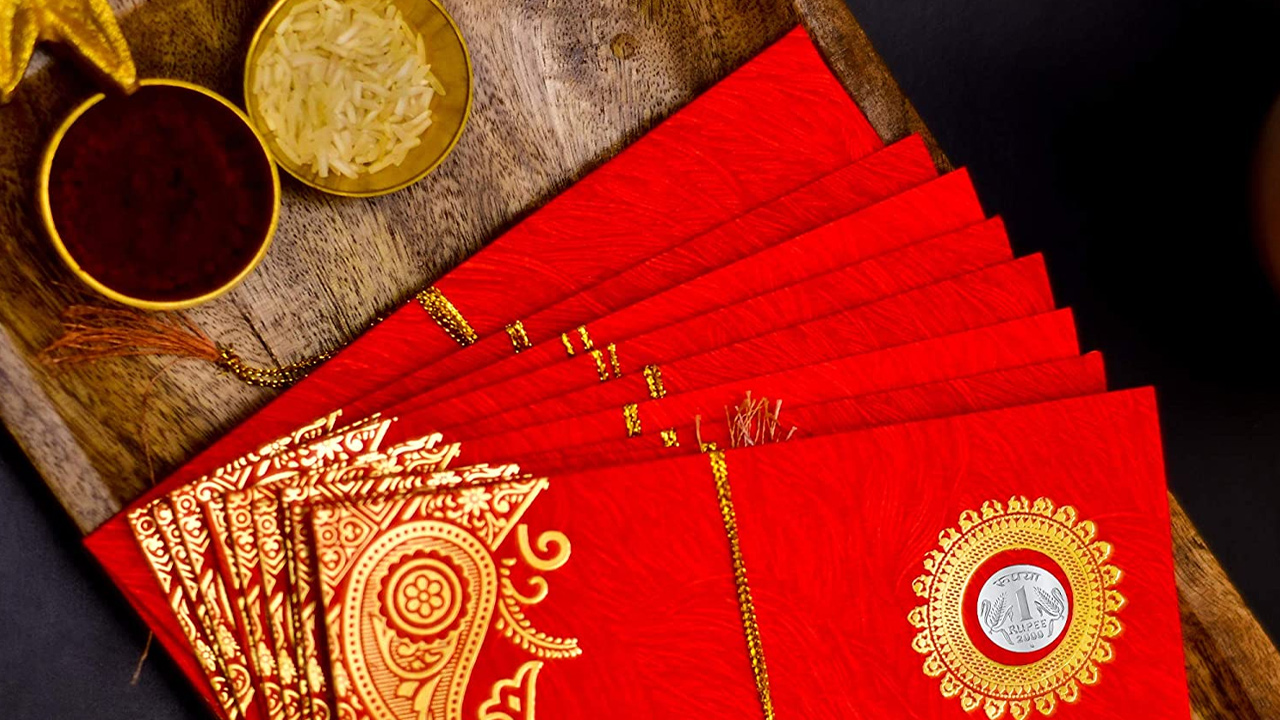
In India, a common superstition advises adding one rupee to a gift sum when presenting it to someone. This belief is rooted in the concept of auspiciousness and symbolic significance. The number one that is represented by the additional rupee is a symbol of unity, new beginnings and prosperity. By adding this one rupee, it is believed that the gift becomes more favorable and brings good fortune to the recipient. This superstition reflects the cultural emphasis on symbolism and the desire to enhance the positive energy associated with the gift reinforcing a sense of goodwill and blessings for the receiver.
Twitching of the eye is inauspicious

In India, a common superstition suggests that if one’s eye twitches, it is considered inauspicious or a sign of impending events. The belief is rooted in the idea that eye-twitching is associated with the movement of cosmic or spiritual energies. Depending upon which eye twitches, there may be different interpretations, ranging from impending good luck to possible financial losses.
Eating Dahi-Cheeni ( Sweetened Curd) for good luck
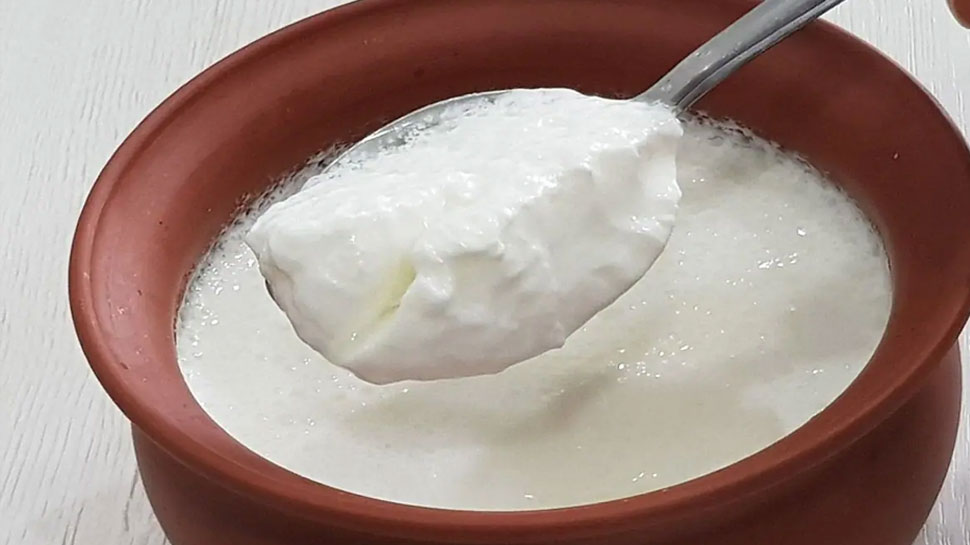
In Indian superstition, it is believed that consuming Dahi-Cheeni or sweetened curd brings good luck. The logic behind this practice lies in the symbolism of sweetness and positivity. Starting the day with something sweet, it is believed to attract good fortune and positive experiences. Additionally, the curd is considered cooling and soothing, promoting a sense of calm and balance. This superstition reflects the cultural emphasis on auspicious beginnings and the belief that small actions, such as consuming Dahi-Cheeni, can set the tone for a positive and fortunate day ahead.
A broken mirror brings bad luck

The superstition that a broken mirror brings bad luck is based on cultural symbolism and practical concerns. A mirror is believed to reflect one’s soul and breaking a mirror is seen as shattering one’s reflection. The fear of seven years of misfortune associated with a broken mirror likely stems from the cost and inconvenience of replacing a valuable object, leading to a belief in its negative consequences. Additionally, the sharp fragments of a broken mirror pose a hazard, further reinforcing the cautionary nature of this superstition.
Drinking milk after eating fish causes skin diseases

The Indian superstition that drinking milk after eating fish causes skin diseases is based on the belief in incompatible food combinations. According to Ayurveda, fish and milk have different qualities and can create an imbalance in the body, leading to skin issues. This superstition serves as a cautionary measure to avoid potential digestive issues or allergic reactions that may arise from combining these two contrasting food items. However, it is important to note that individual sensitivities vary, and not everyone may experience adverse effects after consuming fish and milk together.
Do not sleep with your head facing the North

The Indian superstition of not sleeping with the head facing north is based on Vastu Shastra, an ancient system of architecture and design. According to Vastu Shastra, the human body is considered a magnet, and sleeping with the head facing the north can disrupt the body’s magnetic field, leading to disturbed sleep and health issues. While scientific evidence for this superstition is limited, it is possible that it originated from an understanding of magnetic fields and their potential impact on the body’s energy.
Exploring the world of Indian superstitions and unraveling the underlying logic behind them has offered us a fascinating glimpse into the intricate tapestry of cultural beliefs and practices. While some may dismiss these superstitions as mere irrationalities or remnants of the past, it is essential to approach them with an open mind and an appreciation for their cultural and historical significance.
As we continue to evolve and progress as a society, it is crucial to strike a balance between cultural heritage and rational thinking, recognizing the value of tradition while also encouraging critical thinking and scientific inquiry. By exploring the logic behind these superstitions, we can gain a deeper understanding of our collective human experiences and foster a more inclusive and informed society.

